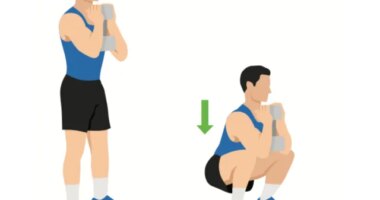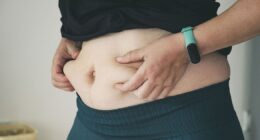
Headaches come in lots of varieties, and some are easily recognizable. A migraine classically causes throbbing, pounding pain that lasts for hours — sometimes even days — on one side of the head. A tension headache usually feels like a tight band squeezing around your noggin. And a sinus headache shows up as pressure on one side of the face, behind the nose, or above one eye when you have a sinus infection.
Some headaches, however, aren’t as well-known.
What’s happening to me?
When less familiar headache pain strikes, the symptoms or patterns may be puzzling, or even frightening.
For example, a thunderclap headache (also called “the worst headache of your life”) causes sudden, intense, debilitating pain that can last for an hour or a week.
READ RELATED: Melanie Griffith, 63, shows off her VERY tiny waistline
Here are five other unusual headaches.
- Orgasmic headache. Some people experience the sudden onset of a severe head pain similar to that of a thunderclap headache just before or at the time of sexual orgasm. Although usually no underlying problem is found, it should prompt a call to your doctor to be sure.
- Ice-pick headache. The vivid image of this headache identifies its main characteristic: sudden, brief, and severe stabs of pain to the head. Ice-pick headaches are so fleeting that they’re over long before any medication could take effect. This type of headache generally affects people who already suffer from migraines or cluster headaches.
- New daily persistent headache. Doctors call this headache “new” because it develops in a person who has not had problems with headaches before. The onset is sudden enough that you’ll often remember exactly when it began. It is “daily” and “persistent” because it then lingers indefinitely, and can mimic either a migraine or tension headache.
- Paroxysmal hemicrania. Like cluster headaches, paroxysmal hemicranias last for a while. But the periods are shorter (10 to 30 minutes) and more frequent (five to 15 times per day). The condition is considered different from cluster headache, as each headache type responds differently to various medications.
- Weekend headache. These are often caused by caffeine withdrawal, which leads to the dilation of blood vessels. This type of headache often begins 12 to 24 hours after your last sip of coffee and is likely to develop on weekends, when you delay your first cup of the day or skip coffee entirely. You can easily identify this type of headache by comparing your weekend caffeine intake with your weekday consumption.
What you should do about headaches
Take note of your symptoms when a headache occurs. If it’s sudden and intense, like a thunderclap headache, it could signal bleeding inside the head. Seek emergency medical attention.
If a headache is less severe, an over-the-counter pain reliever like ibuprofen (Advil, Motrin) or acetaminophen (Tylenol) may be enough to ease your pain.
But if headaches recur or you need to take pain relievers frequently, talk to your doctor. You may not be familiar with the particular pattern of pain, but your doctor likely will be, or can refer you to a headache specialist.
Source: Havard Health









